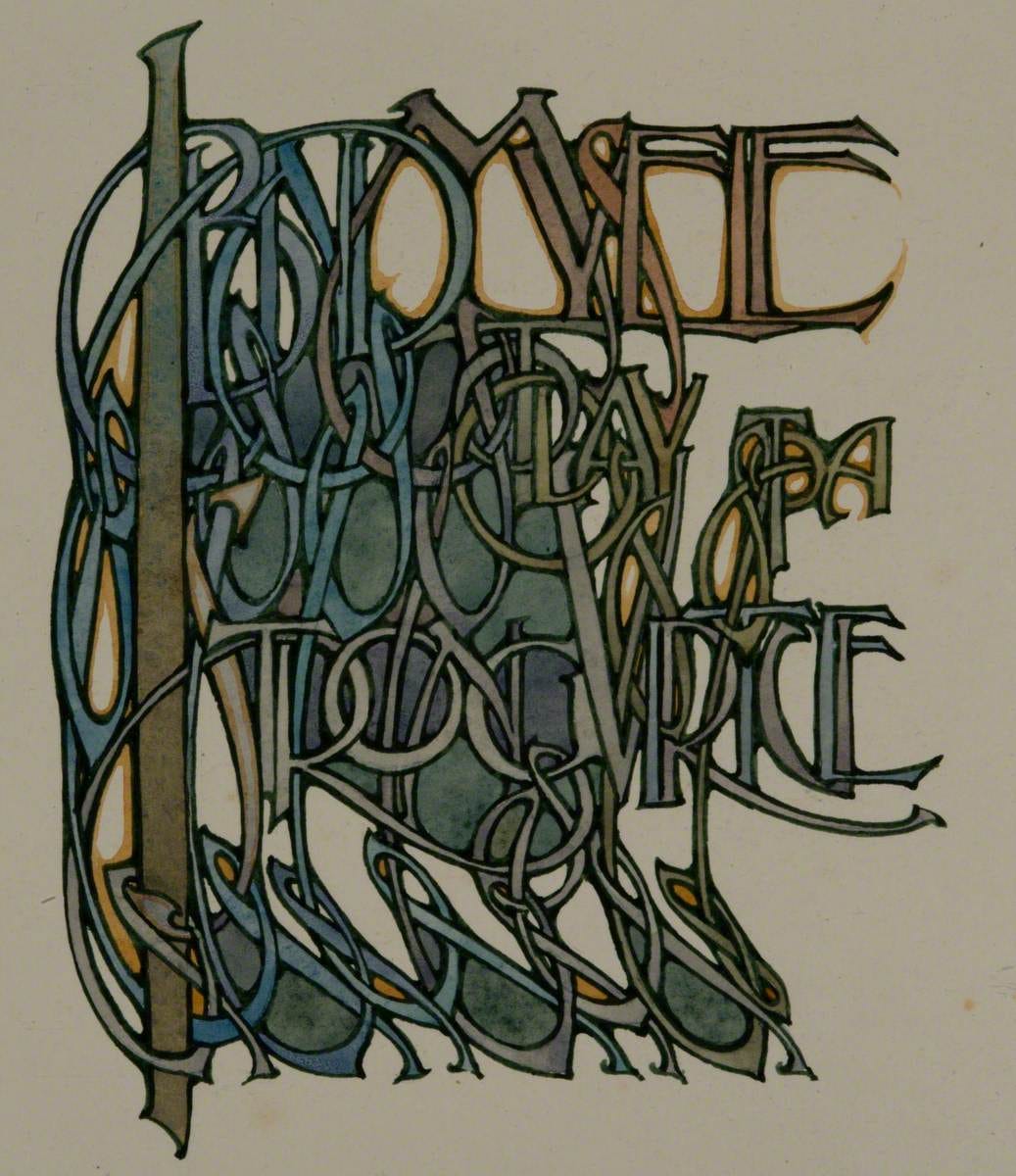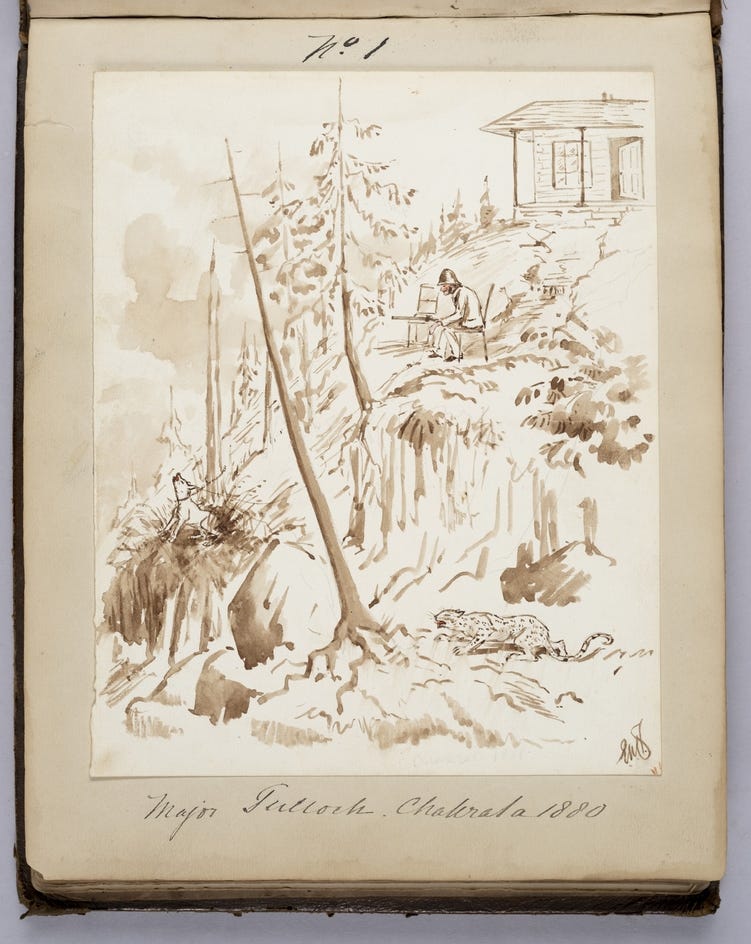Sitting in a Minnesota coffee shop, my husband, brother-in-law, and I were talking about the state of civil discourse—online and off.
“People share their opinions too easily,” my brother-in-law said. “We are so quick to jump on a bandwagon and give our personal take. People feel pressure to ‘pick a side’ from their friends and peers on social media. But then we give ourselves no room to change or back out. The constant pressure to share opinions keeps us trapped. People go all in on a given opinion, cause, or ‘side’ too early. Instead, we are supposed to keep changing and growing and learning. ”
“I have a theory as to why we do that,” I said with a grin. My very patient husband must have smiled, as what follows is a sort of sales pitch he’s heard countless times by this point.
“Here’s my theory,” I explained. “We’ve always been opinion-forming creatures. But we used to have at least a little more time and space to deliberate over things before sharing those opinions. And when we did share our thoughts, we shared them in person and in community. Which means we were sharing them with loved ones and peers, and felt at least a bit more pressure to keep things civil, to stay open to other viewpoints, and to even be willing to change our minds.
“When news moved online, things changed. On the news-creating end, journalists felt pressure to offer second-by-second coverage of current events. Our obsession with whatever is ‘current’ is no longer the topic of the month or even the week. It is no longer about the newspaper headline of the day. It is about the topic of the hour (or minute), the thing you can post on social media and go viral. Editors and news outlets are competing to capture eyeballs and clicks, and they do so by focusing on whatever is most popular or controversial at a given moment. No matter what, they need to seize on those viral topics and capitalize on them as much as possible. Their best strategy for success is to spin and churn out as many ‘hot takes’ on the topic of the hour as they can, before people get tired of it and move on to something else. Once folks have moved on, they start soliciting hot takes on that new topic. And so on it goes. The op-ed side of the news industry seems to keep growing and growing. News is less and less ‘just the facts.’ It isn’t where you go to find statistics, quotes, and occurrences. It’s the place where you go to find your favorite pundit and to hear their ‘spin’ on what’s happening. I think of it as an insatiably hungry monster. The monster of hot takes.
“But what this does on the news-consuming end, is that it encourages us to become hot-take monsters. We eat up the commentary ravenously, and then share it with others. We all-too-easily obsess over whatever the monster is obsessed with. (Folks often experience a dopamine reaction to the outrage machine, fomented by ‘clickbait’ headlines, that keeps us ensnared to this cycle.) We eat what the monster eats. And we regurgitate it on Instagram, TikTok, and Facebook. The contagion spreads everywhere. And it creates discord, mayhem, and anger.”
“The way news consumption and opinion formation should actually work,” my brother-in-law suggested, “Is that we should spend more of our time talking about our beliefs: the big-picture things we care about, not the day-to-day news drama. That is where all of our opinions eventually come from, but it’s the sort of stuff you can actually have a conversation about.”
“We’ve switched our priorities,” I suggested. “Our beliefs are more important than opinions. Belief actually forms and informs our opinions. But we spend all our time on our opinions, and no time crafting or contemplating our philosophies.”1
“Most people think their opinions are their beliefs,” my brother-in-law corrected. “They give them the moral weight and importance of religious orthodoxies or principles of the universe. And that is dangerous. When you begin to think that your party politics or ideas about voting are as important as whether God exists and what it means to be human…”
“We should spend more of our time talking about our philosophies:
the big-picture things we care about, not the day-to-day news drama.”
My quiet, thoughtful husband chimed in. “In terms of time and resource management we should emphasize macro-thought and micro-opinions,” he said. “Macro-thought involves the great, important ideas we need to remember, care about, and discuss. Micro-opinion suggests that our political, economic, and social causes are derived from the macros we’ve focused on. They’re interesting and important. But they shouldn’t eat up the bulk of our time and energy. They won’t sustain on their own. Micro-breweries, for instance, are fun. They bring a lot of character and pizzazz to a community. But you shouldn’t live there. Our macro-spaces are the infrastructure, the day-to-day buildings and industries, that lead to health and flourishing. If we were to think about where we spent our time, most of it should be on macro-thought: belief, philosophy, religion, art, music, science, and theory. That sort of thing. Only a fraction of our time should be spent on the smaller stuff. And we shouldn’t feel pressure to always share the micro-opinions, either. Especially online. We can look for ways it supports life with the people around us without tearing them down.”
My brother-in-law and I nodded.
“Macro-thought, micro-opinion,” I repeated. “Makes sense to me.”
When I first started working as a journalist in Washington, D.C., I was required to publish 3-5 articles a week. They were not usually long, but the output required a constant scouring of the internet for any possible leads or “hooks” one might use for a story. My coworkers and I spent all of our time on Twitter, keeping up with second-by-second updates from Capitol Hill, the White House, and local think thanks. There was a desperate pleasure in it: a feeling that you were “in the know” in a way few other human beings were. You were in the middle of a city humming with excitement and activity. You had a job, and your job was literally to keep up with as much that was happening as possible, as soon as it happened.
But over time, as you can imagine, that output and degree of constant attention was exhausting. It was difficult to turn off. It was almost impossible to avoid scouring the news with equal ferocity during the evenings or on the weekend. And more insidious, there was this constant pressure to have an opinion on every single topic that rose to the forefront in that space and time. Because I was required to write so often, I necessarily had to write about things that I knew very little about. I had to think up a “take,” all too often, when I did not have one. Sometimes I honestly did not care. Other times, I was simply troubled by the events occurring in our world and felt nothing but sadness over what was going on. I had no opinions about how future events ought to unfold. I just felt their weight, their need to be carried silently in lament and prayer.
Later, as a freelancer, I tried to back off the pace. I really disliked the intensity and fixation on any news story or controversy that had risen to the surface. I did not like being part of the “hot take” market. I did not want to feed the aforementioned monster.
But of course, it was tough. If I didn’t write opinion pieces, I did not make money. If I did not make money, it took a toll on our family’s budget.
It took a while, but over time, I realized that writing about things I truly did not care about was not worth it. For me at least. Harry and Meghan. Taylor Swift. Donald Trump. The latest happening in Congress. Better not to write at all—or to work on long pieces (pieces more about thought than about opinion) that resulted in smaller paychecks—than to try and conjure up an opinion about everything that happened. Otherwise, the pressure is constant.
On some political topics (definitely not all) I had and have very strong opinions. But I’m usually happy with the thoughtful takes written by others (folks like Ross Douthat, Bonnie Kristian, James Rebanks, Alan Jacobs, and Karen Swallow Prior). If they have said what needs to be said, there’s no need to add my own two cents. No need to feed the beast. Better to talk over cups of coffee and shortbread. Better to think and ponder, ponder and think, and say absolutely nothing at all. Better even still, perhaps, to do something—in my own community—that assuages some of the angst and frustration over the “way things are” by blessing and serving local people who need help.
Sometimes, I will still have an opinion that I want to share. But I am grateful, now, that I no longer feel the constant, ongoing pressure just to conjure up an opinion for the sake of a paycheck. Has it been hard financially at times? Yes. But honestly, you all have helped tremendously to alleviate some of that pressure by supporting this space—one in which I can try to put “macro-thought, micro-opinions” into action.
So thank you for that. Truly.
It seems we have forsaken the humility of learning, of silence, and of question-asking for the incessant demand that one must express and defend a stance. It is barely possible to change one’s mind. What this does to our civic life, and our communities, seems unfathomably dangerous.
But I think my brother-in-law is right. If we share opinions less—or at least without clench-fisted anger—there’s a chance we will open up some mental and communal space for true, deep, rich conversation. Perhaps we might discuss not just presidential politics, but also the ideas and concerns that inform them. Perhaps we will consider more than the Supreme Court, but also the nature of democracy and what it means to be free. How do we care for our communities? What is meaning, and how do we pursue it? What makes us human? Is there a God? How should we then live?
Macro-thought, micro-opinions. Perhaps it’s worth giving a try.
Five Years of Granola, and a Giveaway!
Dear Friends,
Granola is five years old this summer. I cannot even believe it. Thank you to all of you who have been faithful readers since I first started this newsletter (with much fear and trembling). It’s been incredible.
This newsletter has over 3,500 subscribers, and over 200 of you have contributed generously to this site as paid subscribers. You’ve faithfully moved from Mailchimp to Substack with me, helped support my family, provided space for me to write about topics that (I believe and hope) truly matter in a deep and lasting way.
In this space, we’ve hosted book conversations and Zoom webinars with so many authors, including but not limited to: Seth Kaplan, Brooks Lamb, Jessica Hooten Wilson, Jeffrey Bilbro, Joy Clarkson, Sarah Clarkson, Charles Camosy, Jake Meador, and others.
Together, we have read Hannah Coulter by Wendell Berry, Walden by Henry David Thoreau, Pilgrim at Tinker Creek by Annie Dillard, Dedicated by Pete Davis, and Jack by Marilynne Robinson (there may be other books I am forgetting at present!).
And your comments, emails, and messages are ongoing sources of encouragement, inspiration, and conviction. (For some reason, my Substack account has been acting up and has not been allowing me to like or comment on your comments. Please know I read each and every one, and am hoping to get this error fixed quickly.)
In honor of this space’s five-year anniversary, I would love to send one of you a free copy of my book, Uprooted: Recovering the Legacy of the Places We’ve Left Behind.
Please post a comment or send me an email, and I’ll enter you in the drawing!
With immense gratitude,
Gracy
One year ago: Of Floods, Fires, and Community
Two years ago: Why Write Letters?
Three years ago: Living Like Perennials
Four years ago: The Power and Peril of Nostalgia
Five years ago: Are You ‘Plant Blind’?

news and essays
Alan Jacobs considers the problems of AI writing, students, and professors: “If I can only pursue a ‘pedagogy of the gaps,’ assignments that happen to coincide with the current limitations of the chatbots, then what has become of me as a teacher, and of my classroom as a place of learning?”
A botanic garden seeks to restore heritage chestnut and apple trees, despite the challenges: “the chestnuts and apples are like homecomings — if understated at present — with major celebratory moments anticipated down the road. Those who work with plants must often take the long view.”
Linda K. Smith reviews Marilynne Robinson’s Reading Genesis: “Evil is not the only thing that needs explaining. Love is harder to reconcile with a merely material universe than evil is with a God-governed one. This is why, for Robinson, love unceasingly discloses the divine—not merely some alien transcendent organizing principle, but an immanent and personal God.”
Kenyan beekeepers combat mangrove logging with hidden beehives: “the trees do not belong to anyone but God.”
Jessie Kindig on Thoreau and metaphor: “language was what sewed together inner and outer experience, what brought the objects of the world and the objects of the mind into one common cloth.”
A mobile farmers’ market in Colorado seeks to strengthen local food infrastructure and combat food insecurity: “Our vision is a strong, resilient, environmentally sustainable and equitable local food system.”
Matt Miller urges readers to reject the frantic freneticism of today’s language: “to speak calmly is an act of hope.”
books
The Long-Legged House and A Continuous Harmony, Wendell Berry
I did not realize how much Berry wrote about Thoreau in his earlier years. (Both these books were written between 1965 and 1975.) Walden and Thoreau’s vision of nature come up a lot in both these books of essays. Berry spends a lot of his time in the woods near the Kentucky River, seeking to notice and name in a style that is reminiscent of Thoreau.
But my favorite part of “The Long-Legged House” is Wendell’s description of the process by which he renovated his great-uncle Curran’s cabin in the woods and prepared it for Tanya when they were first married. They spent the first three months of their married life out there, in the woods by the Kentucky River, without electricity or running water. It seems, reading Berry’s work, that that fundamental shift from solitude to a shared life with Tanya drastically shaped his work and his vision. His Walden has always been a shared home, a communal space. I think that matters, deeply, to a fully appreciation of Wendell’s work. Anyways, I’d highly recommend reading either/both of these volumes.Anne of Avonlea and Anne of the Island, by Lucy Maud Montgomery
I spent June reading Dostoevsky novels back-to-back. They’re incredible, but a bit dark, and so I gave myself a little mental break from Dostoevsky and decided to read some beloved Anne novels from my childhood. Montgomery’s books are not just children’s stories, though. She proffers an important vision of what it means to “companion” the world: to love every inch of our places, and to care for the people who live in them. Of course, there are Pyes in the world. Montgomery doesn’t shirk away from the frustrations inherent in communal life. But Anne teaches her readers what it means to befriend places despite the difficulties. And it’s not just the people she befriends (though that’s integral to Montgomery’s work), but also the homes, paths, woods, and streams. Anne “companions” the world wherever she goes: in Avonlea, at Redmond, and at Four Winds. There’s a vision of reverent love and affection in her books that I am constantly thinking about. Anne Shirley agrees with Dostoevsky that “beauty will save the world.” The work and fidelity inherent in noticing, praising, and propagating that beauty is a huge theme in Montgomery’s work.
food and drink
We have made Smitten Kitchen’s zucchini bread over and over again, and I’m going to try her braised chickpeas with zucchini this week.
Wonderful pulled pork recipe; 10/10 from our family.
It’s the most wonderful time of the year, peach lovers would argue: time for peach cornmeal cake, peach pie, grilled peaches, and peach and tomato caprese (among countless other treats).
As Henry David Thoreau once put it, “Read not the Times. Read the eternities.” For more on this idea, read Jeffrey Bilbro’s excellent book Reading the Times, or pre-order his new book coming out, titled Words for Conviviality.








Happy 5 years! I keep coming back to Granola because I know I'm going to read something thoughtful and lived out, not hot takes or pandering opinions. (The recipe recs are always spot-on too!) Thankful for the space you've created and the work you share.
I wrote a VERY LONG comment with my thoughts on the unsustainable pace pushing the “hot-take” machine but decided not to dump all of that here. However, I wanted to say that although I am a newer reader of yours, I appreciate the humane, thoughtful, and measured pieces you share. It kind of feels like getting a nice letter to think over and I like that a lot.